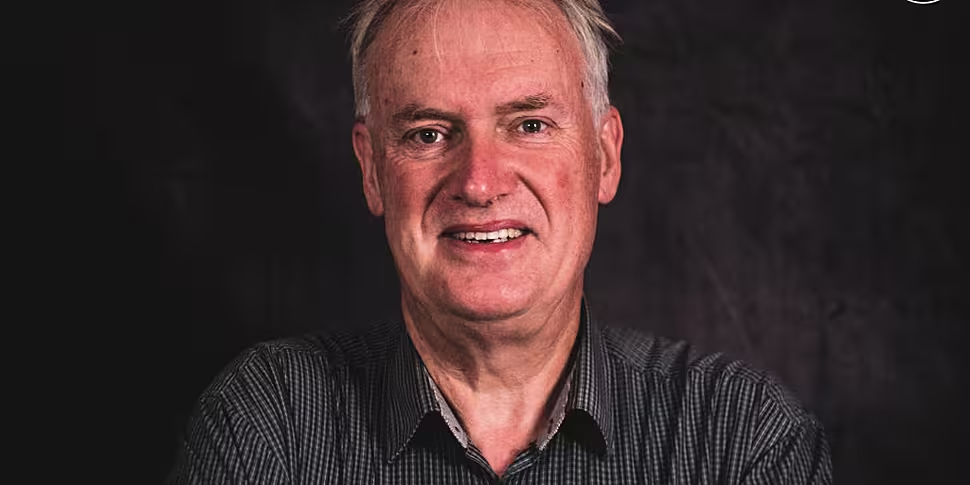Professor Luke O'Neill says he believes we're now entering the 'endgame' of the coronavirus pandemic if everything goes well.
The Trinity College immunologist says widespread vaccination programmes could be rolled out as early as March given the current progress being made.
It comes after positive results from a third vaccine trial.
Oxford University and AstroZeneca said trials show their vaccine is 70% effective - and could be up to 90% effective depending on how the jab is delivered.
It comes after two other vaccine candidates showed over 90% efficacy from their own trials.
Professor O'Neill told The Pat Kenny Show it's not yet time to 'jump up and down' as we still need to see all the data.
However, he said: "I'm trying to contain myself this morning, because this is the third Monday we've had a big announcement on a vaccine... and this looks remarkable.
"Once again, this is a press release so we'd like to see the data - to start with a caveat.
"They've got 70% efficacy in the trial. It gets to 90%, actually, if they use a slightly different protocol. This one may hit 90% just like the other two."
He said the Oxford vaccine is particularly exciting as it seems to work with older people, and can be easily rolled out as it can be kept at normal fridge temperatures.
He explained: "Again, we wait for the data and some safety analysis ... but can you believe three Mondays, three vaccines?
"In my view, we're now in the endgame of this disease if everything goes well."
'We're now entering the endgame if all goes well', @laoneill111 has the latest vaccine news. @PatKennyNT pic.twitter.com/LNMWxtmWPM
— NewstalkFM (@NewstalkFM) November 23, 2020
The vaccine is already being produced in ten different countries, and Professor O'Neill says there's 'no question' Ireland will get a share through the EU.
AstroZeneca and Oxford are also interested in ensuring it gets out to low and middle income countries.
Oxford trials
Two separate trials were carried out to test the Oxford vaccine candidate.
In the first, they provided volunteers with a low dose vaccine followed by a booster. That method was shown to be 90% effective.
The second involved a high dose followed by another high dose, and that gave 62% efficacy - making an average of 70% across the two trials.
Professor O'Neill explained: "It sounds a bit complicated, but this is great immunology.
"What's happening is the lower dose tickles the immune system a bit... it doesn't get it too excited. Then the second dose comes in and you get a massive response.
"If you give a high dose at the start, you kind of overwhelm the immune system slightly... maybe that's why the low dose first and high dose second gave the 90% efficacy."
Professor O'Neill said scientists tried both approaches because they wanted to get "the best result they possibly could".
He also said a lower dose could lead to less injection site reaction and fewer flu-like symptoms.
However, he stressed that even 70% efficacy would still be a 'superb' result.









